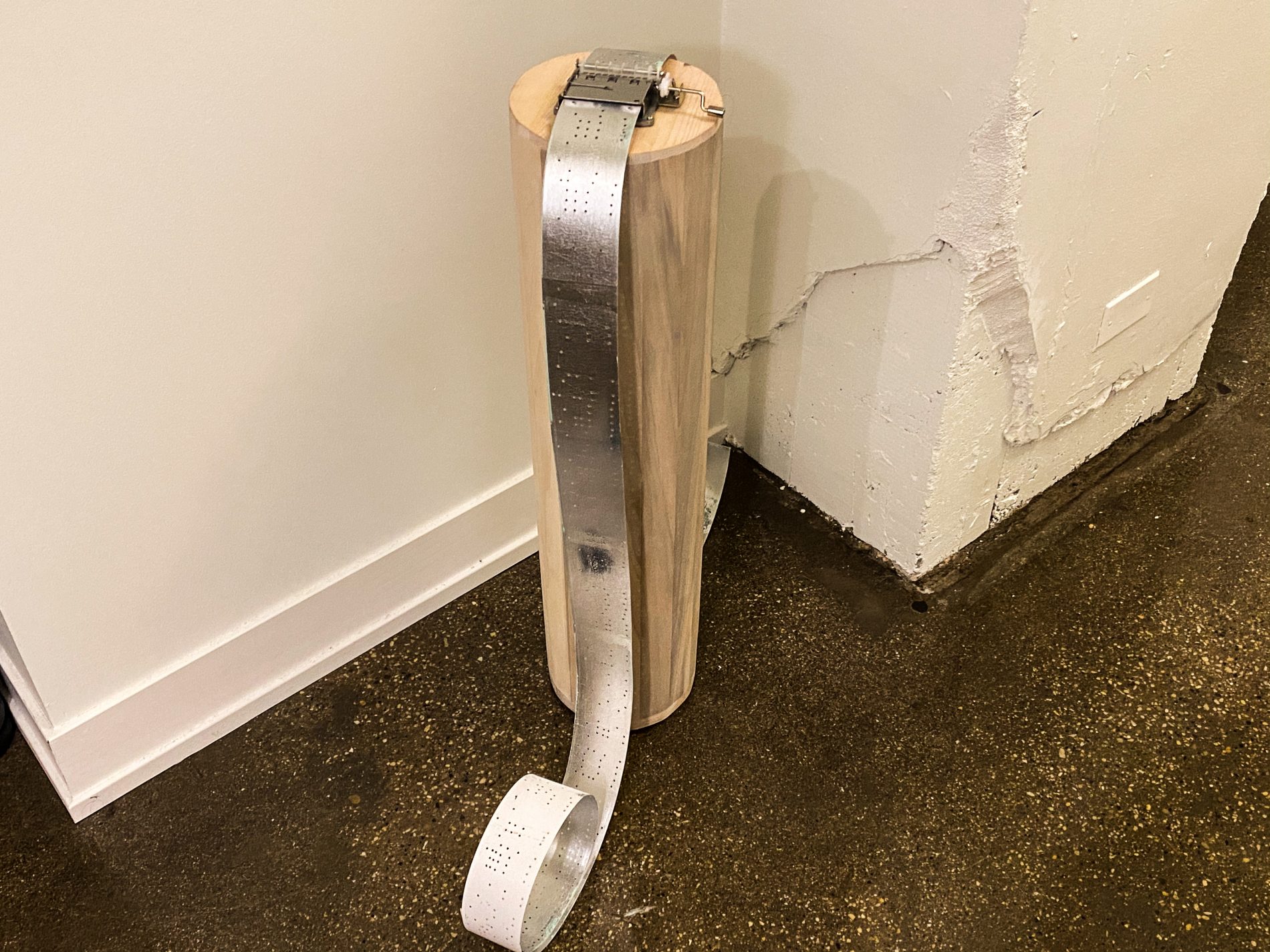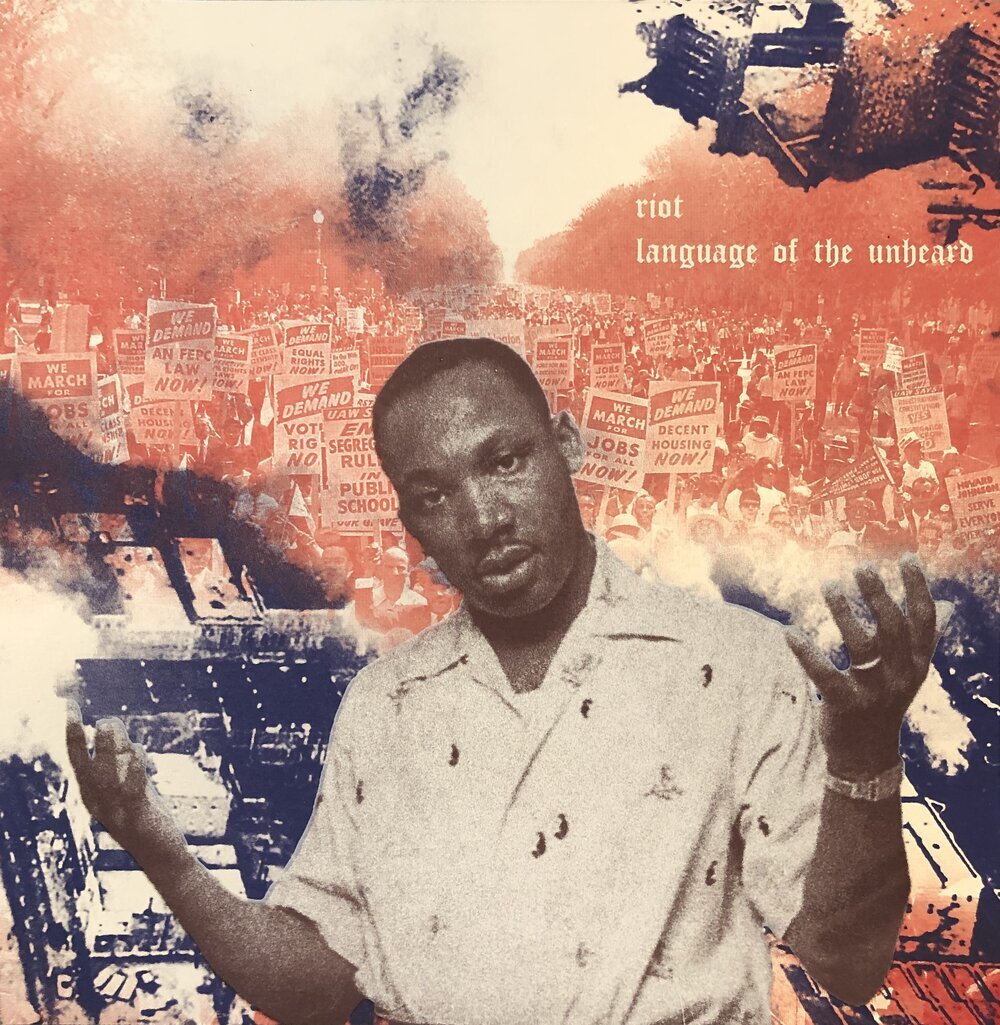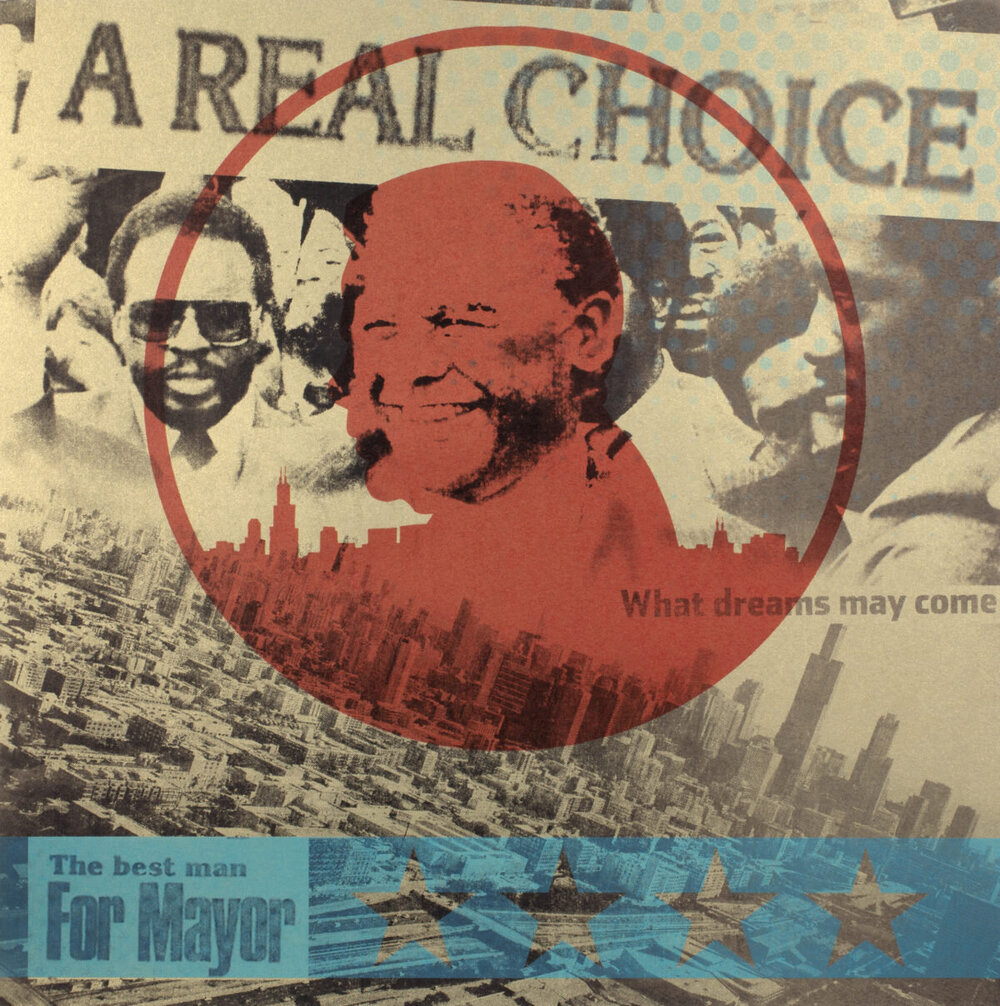Artist
Sadie Woods
My art practice is anthropological in nature and rooted in a post-disciplinary background drawing from my personal biography as well as my performing and visual arts training, curatorial experience and academic education. As an artist, curator, dj and professor I work heavily with archives for research and interventions to produce work that embodies liberatory practices exploring cultural heritage of the Americas and Global South. For me, art can give rise to social empowerment as a form of articulation using DJ aesthetics and techniques to sample, blend, edit and recompose ephemera to process historical, social, political and cultural events.
I was raised by baby boomers of American Indian / Black and Puerto Rican descent who came of age in the urban metropolis and global city of Chicago during the Black Power Movement. But, my parents did not exercise their agency by joining the activism of their time. Instead, they exceeded their circumstances by relying on arts and sciences as a means for
individual and collective advancement and instilled that in me at a young age.
Often trivialized as a means for social change or resistance and more often viewed as simply complementary to community-building and social change, arts have been central to social movements throughout time. Music performance in the civil rights movement, political fashion style in the Black Power movement, public art and murals in the Chicano movement are amongst a long list of the entanglements between arts and politics. My work examines these synergies as a unique and unexpected site of narrative storytelling within this genealogy of art and community-organizing and-building, social change, and resistance movements by racialized people.
Growing up in Chicago during the takeoff of hip-hop, electro, and the proliferation of subcultural and counter-cultural identity movements has been a vehicle for re-examining media centering the voices of marginalized communities. Deejaying has been a culminating point between tastemaking and spacemaking, connecting the poetics of music to cultural
memory and personal currents. Coded in the expressive culture of music are the affects and aspirations of people as well as documented struggles against colonial and imperial encounters. The juxtaposition of ephemera from various spatial geographies and time periods or cultures and genres undermines what is understood as fixed as well as the conceptualization of culture, distance, time, and travel. My practice zeros-in on tropes that can be excavated to take on sociopolitical proportions to remember times of celebration and resistance.





